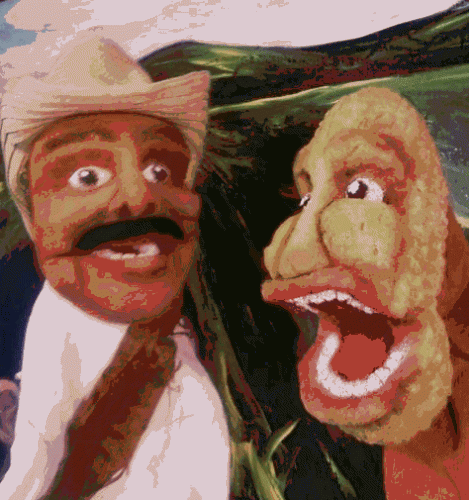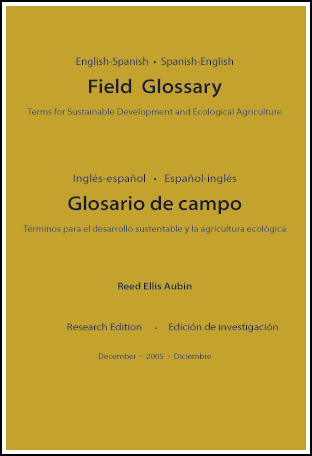AUBIN REFLECTS ON "NOT A KERNEL TO EAT"
Karen Olson, former editor of Utne magazine, recently interviewed Reed Ellis Aubin on a variety of topics, including "Not a Kernel to Eat", for a piece in the Cold Climate Circular, a monthly newsletter on cold climate Permaculture.
Karen Olson: What’s your puppet show “Not a Kernel to Eat” about and how does it connect to permaculture?
Reed Ellis Aubin: The show, which tells the story of a farmer and his corn, is essentially about food sovereignty—the right of people to define and control their own systems of food production. Permaculturally, it’s about diversity, system resilience, and human-scale solutions. The play came out of work I did with seed banks in Chiapas, Mexico and Guatemala. We would travel and distribute seeds on behalf of the seed banks. And there, just like here at the top of the corn belt, diverse locally resilient varieties are being replaced by standardized high-yield or GMO varieties.
 Each strain of corn grown in Mexico, in Arizona, in Nebraska, in Minnesota is the result of careful breeding for thousands of years, based on the vicissitudes of the particular valley or hillside where they were developed. The farmers developed intricate social patterns of “corn marriage,” where one valley’s variety was periodically crossed with another’s, to maintain vigor and genetic diversity. Modern industrial starch corn--most of the corn you see from the highway--has been bred so that something like 60% of the plant’s energy goes directly into the kernel. This means that the stalk and roots are so fragile that the corn will fall over if not planted tightly together.
Each strain of corn grown in Mexico, in Arizona, in Nebraska, in Minnesota is the result of careful breeding for thousands of years, based on the vicissitudes of the particular valley or hillside where they were developed. The farmers developed intricate social patterns of “corn marriage,” where one valley’s variety was periodically crossed with another’s, to maintain vigor and genetic diversity. Modern industrial starch corn--most of the corn you see from the highway--has been bred so that something like 60% of the plant’s energy goes directly into the kernel. This means that the stalk and roots are so fragile that the corn will fall over if not planted tightly together.
Dr. Kalidas Shetty from the University of Massachusetts at Amherst has done some amazing research about how this skewing of the energy balance in the corn plant also affects our own human metabolism when we eat the grain. The basic gist is that when eating the kernels, we absorb some of the microscopic compounds that help the plants maintain their own metabolism, and these (or something very similar to these) appear to play some yet-to-be-understood but vital role in our own metabolism. Nutrition and metabolism are understood so poorly. Our science is barely scratching the surface of how it really works. And little to none of the nutrition research goes into the breeding programs at universities. Traditional seeds, on the other hand, have been selected under the watchful eyes of grandmothers who were keenly aware of the nutritional value of the food, because they were eating and serving it every day.
So the play is a jumping off point to talk about all these things, whether it’s growing practices or nutrition or what have you, depending on the audience. It’s fun, the puppets are hilarious, and it’s a great way to start this conversation with people of different ages and backgrounds, because it’s a good story.
Read the whole interview here.


